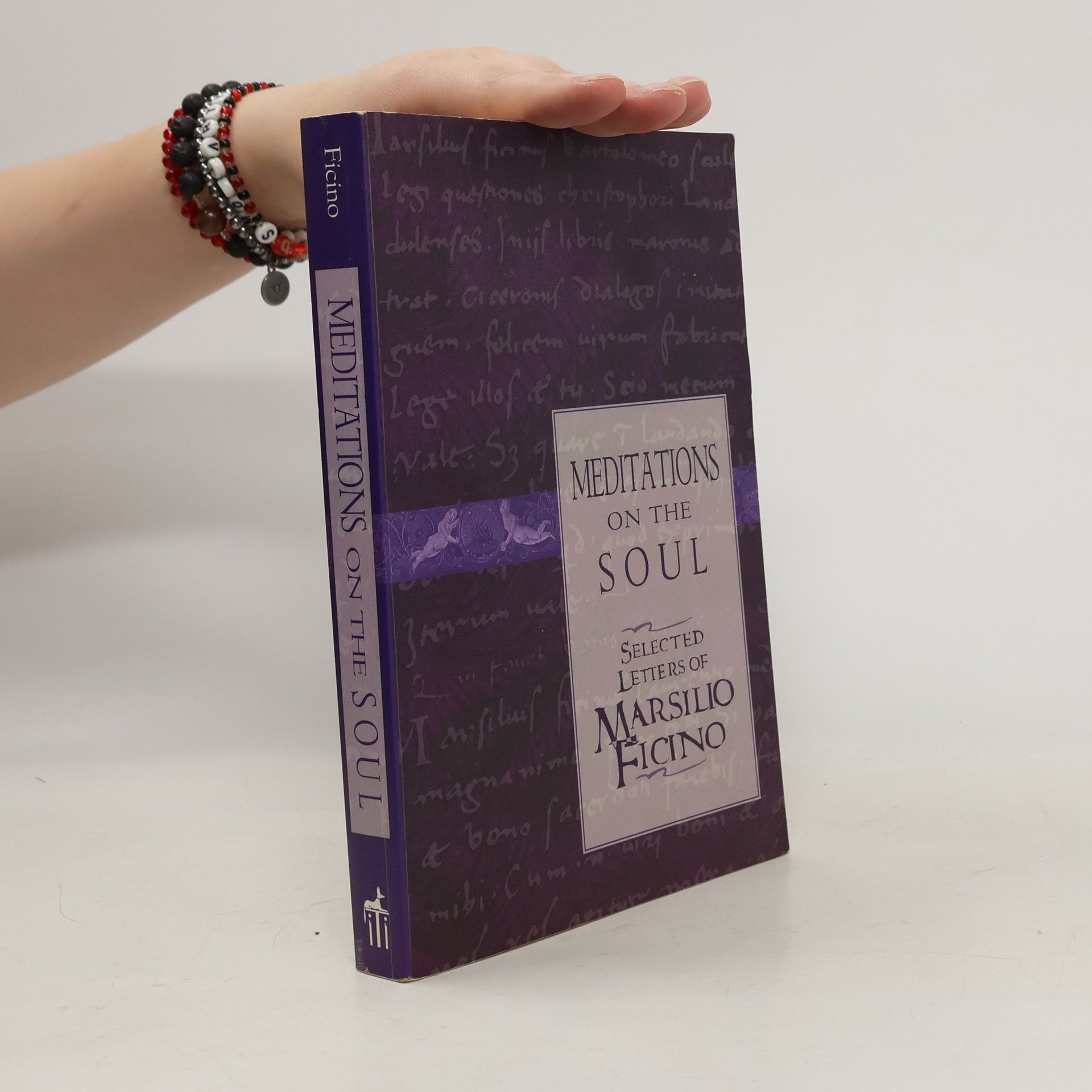Meditations on the Soul
- 304 pages
- 11 hours of reading
The problems that taxed the minds of people during the Renaissance were much the same as those confronting us today. In their perplexity, many deep-thinking people sought the advice of Marsilio Ficino (1433-99), the leader of the Platonic Academy in Florence, a magnet for the most brilliant scholars of 15th-century Europe.In devoting his life to the study and translation of the great dialogues of Plato and the Neoplatonists, Ficino and his colleagues were midwives to the birth of the modern world. Ficino was fearless in expressing what he knew to be true. Covering the widest range of topics, his letters offer a profound glimpse into the soul of the Renaissance.


